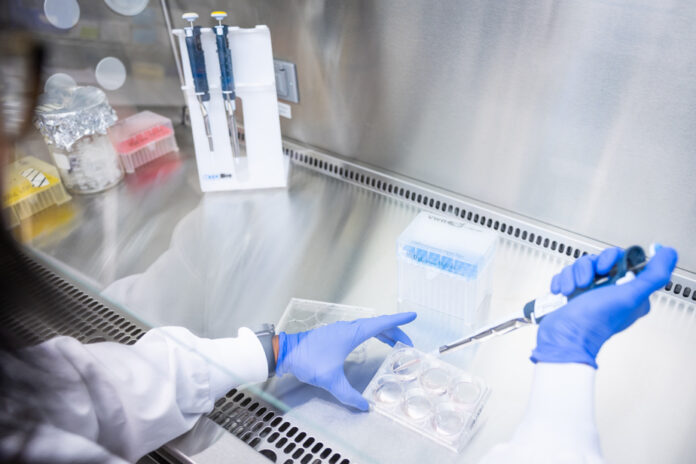A few days ago, failures in the implementation of the new Laboratory Information System (SIL-P) were brought to light by the La Presse investigation team and journalist Ariane Lacoursière1.
We learn that on Wednesday March 29, there was even a generalized failure of the SIL-P for 1 hour and 30 minutes. When we know that 189 million samples are processed in the laboratories of the health network each year, it is easy to understand that the effects of this outage are significant on the activities of medical biology laboratories in Quebec. In addition to this breakdown, several other problems have been raised, thus exposing the real dangers caused by the failures of the SIL-P, in particular with regard to the response time for the issuance of the results of biomedical analyses, which definitely does not serve the population. .
During the Major Interviews of the week of February 13, 2023 with Paul Arcand, doctors Dr Karl Weiss and Dr Normand Blais also raised the issue of response times and the cause and effect relationship on the diagnosis and treatment for the patient. . This reform was intended to optimize services and reduce costs. However, the centralization of laboratories has rather had the opposite effect, since annual costs in medical biology have gone from $22.8 million in 2014-2015 to $35.5 million in 2020-2021. In addition to creating a loss of expertise for the staff of the smaller laboratories (the “associate laboratories” in the OPTILAB jargon), these transports to the server laboratories have exacerbated the processing and response times. The OPTILAB reform, launched in 2017 by the Couillard government, has instead ensured that instead of the analyzes taken from each hospital being analyzed there, the samples from several analyzes are now sent and processed in the major centres, commonly called the server centers.
The deficiencies in the implantation of SIL-P and OPTILAB are now exposed. Behind every biological sample waiting to be analyzed, there is a human waiting impatiently for a result.
The shortage of manpower, which is commonly in the headlines, is another factor which is added and which has an effect on response times. To continue to offer services despite a glaring lack of staff, managers try to resort to alternative solutions by turning to professionals who are not from the Biomedical Analysis Technology program.
The Professional Order of Medical Technologists of Quebec is greatly concerned by the current issues facing medical biology laboratories. The public health network cannot be actively functional and safe without a strong and efficient system of biomedical analysis laboratories. Although these laboratories are a bit like the hidden face of the health system, their proper functioning has just as direct an impact on the patient as other services that are more apparent.
The protection of the public should not be considered only when there is direct contact between the professional and a patient. The protection of the public is equally valid, relevant, important and prejudicial when it comes to the handling of biological samples, from the management of their integrity until the obtaining of the results, which must fully reflect the patient’s state of health. The risk of harm remains in all handling of these samples.
Damage to the biological specimen can occur at any time, from the sampling stage until the analysis results are obtained, thus causing harm to the patient. While the nursing staff (doctors, nurses, etc.) represent the heart of the health system, the medical technologists in the service of laboratory medicine undoubtedly represent the lungs of this system. One cannot work without the other. One inevitably builds on the other, and it is this synergy that makes possible the viability of each of the services and care offered to patients. Moreover, the established diagnoses and therapeutic follow-ups are 85% based on laboratory results.
This is why the Order is of the opinion that the Ministry of Health and Social Services must look into the failures in the implementation of OPTILAB and SIL-P, and implement concrete actions quickly in the face of problems raised while making sure to have the right professional in the right place, with the training, knowledge, skills, autonomy and professional judgment required, so that patients in Quebec are adequately protected during all the stages of analysis of their biological samples (pre-analytical, analytical and post-analytical).


















